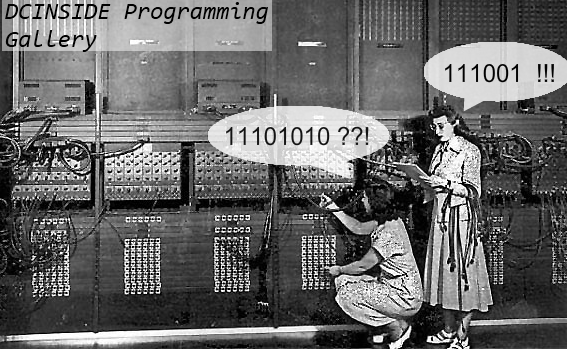Strictly speaking, "compiled" and "interpreted" are not properties of a language. A language, be it a programming language or a natural language, is just a way of communicating as defined by some structure: it's grammar.
The language can be processed however you like. It's kind of like asking "is English a heard/read/seen language?". It's all 3: English can be spoken, written or lip-read.
First, let's get our definitions straight.
A compiler is a "program that translates computer code written in one programming language (the source language) into another language (the target language)". wiki Note that there is no constraint on the output being any specific language, e.g. assembIy or machine code.
An interpreter is a "program that directly executes instructions written in a programming or ing language, without requiring them previously to have been compiled" wiki
In practice, most programming languages have certain sets of tooling which mean that they are either compiled or interpreted. C is usually compiled with a tool such as GCC, which will produce machine code. is usually interpreted by the browser.
However, this doesn't have to be the case. You could write an interpreter for C and people already have. You could write a compiler for to machine code, though I can't find one if such a thing exists.
This is where the terms "compiled language" and "interpreted language" come from. They are a useful conversation shorthand but they are imprecise. If your friend tells you they're learning FooBarLang, asking "is that a compiled language?" is much easier than asking "is that a language for which the existing, popular tooling involves compilation?"
Type is a "compiled language". Right now in 2021, at least, that's how almost everyone in the world is using it. The compiler takes Type code, removes the type information, and generates code. The fact that the target of this compilation is itself a "source language" makes this a special case of compilation: source-to-source compilation. This is often called 'transpilation' because it is translating from one source language to another. Make no mistake, transpilation is a form of compilation, as per our earlier definition.
Now, that's not to say that one day someone might write a Type interpreter. Maybe browsers will decide that there are benefits to processing Type directly in the browser. It would simplify the build process and give the browser access to type information that is usually thrown away which it might be able to make use of.
내 대가리가 돌돌이였던듯 ㅇㅅㅇ
지식이 늘었다









댓글 영역
획득법
① NFT 발행
작성한 게시물을 NFT로 발행하면 일주일 동안 사용할 수 있습니다. (최초 1회)
② NFT 구매
다른 이용자의 NFT를 구매하면 한 달 동안 사용할 수 있습니다. (구매 시마다 갱신)
사용법
디시콘에서지갑연결시 바로 사용 가능합니다.